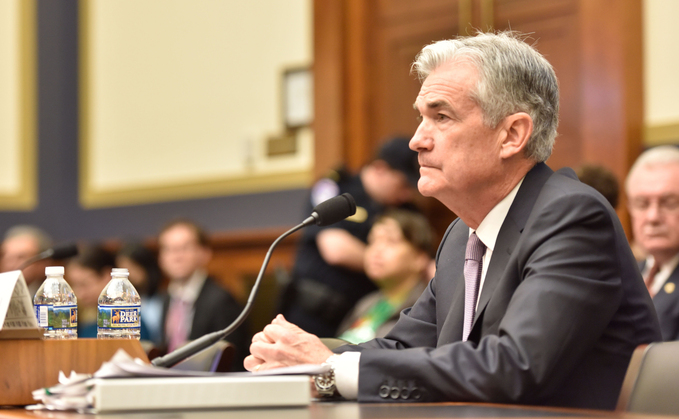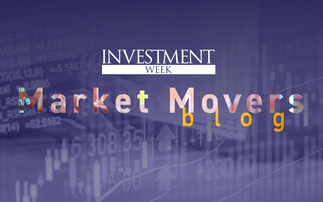
Chair of the Federal Reserve Jerome Powell
The Federal Reserve continues on its path towards tapering its quantitative easing programme, but rising uncertainty resulting from the Delta variant has stifled economic confidence.
Speaking at the Jackson Hole symposium, Fed chair Jerome Powell said the strong monetary policy employed over the past 18 months had led to a "vigorous but uneven recovery", one which stands as "historically anomalous".
He referenced the July meeting of the Fed, in which he and his fellow bankers suggested the tapering of its QE programme "could be appropriate"; however, despite continued progress towards maximum employment, the uncertainty of the Delta variant had left "much ground to cover".
Jackson Hole predictions: Tapering without the tantrum
Powell highlighted lessons learned from the period of the 1950s to the 1980s in which stabilisation policy enacted too soon in response to transitory inflation had created a negative effect as evidence for the current policy. He also noted the period taught that the transitory nature of inflation "cannot be taken for granted", suggesting the central bank does not seek to rest on its laurels.
"There is no substitute for careful consideration," Powell explained, before adding that the Fed has several tools at its disposal which it is ready to use "if necessary".
He added: "The committee remains steadfast in oft-expressed commitment to support the economy for as long as is needed to achieve a full recovery."
When tapering does begin, Powell insisted the elevated holdings of securities will "continue to support accommodative financial conditions".
"The timing and pace of the coming reduction in asset purchases will not be intended to carry a direct signal regarding the timing of interest rate lift off, for which we have articulated a different and substantially more stringent test," he said.
At time of publication, the S&P 500 had risen 0.64%, the Dow Jones 0.62% and the Nasdaq 0.79%, while the VIX volatility index had fallen 12.15%, indicating a less volatile market.
Richard Carter, head of fixed interest research at Quilter Cheviot, said: "The US is certainly not out of the woods yet, and the numbers instead suggest that we may see some weakening going forward. Indeed, some forecasts have already been revised down.
"That said, the pandemic-era stimulus cannot go on for ever, and Jerome Powell's speech was a balanced take on the latest for inflation and what it means for the tapering of monetary support. As one would expected from a central banker, there was nothing dramatic and nothing controversial but the direction of travel is clear.
"The Fed is expected to start the tapering process in the last quarter of this year, if not at the start of next year. Investors should take comfort in the fact that this still remains some way off, and indeed is only happening because the recovery process has progressed sufficiently. The next couple of Fed meetings will be extremely important."
Volatility rising - what investors need to know
Hinesh Patel, portfolio manager at Quilter Investors, also highlighted the certainty of tapering: "Powell has been incredibly clear that tapering is coming later this year and they should now be prepared enough to avoid any sort of tantrum. But central banks will have to ultimately hold the hands of financial markets as we transition to a new era of monetary policy to ensure credit conditions remain optimal.
"So, while it is now probably time for quantitative easing, at the very least, to be reduced, the pace of it is going to be interesting to watch. Monetary policy has always been a political decision, but central banks' independence will be really tested here. Policymakers have anesthetised financial market risks and transitioned from 'too big to fail' to 'not allowed to fail' - creating problems for the future.
"For now, however, they believe they are justified in their actions to 'even' the world but now they have to match it with action as a continuation of the status quo or anything close to it, in our view, will only exacerbate the very issues being discussed."














